Back to Courses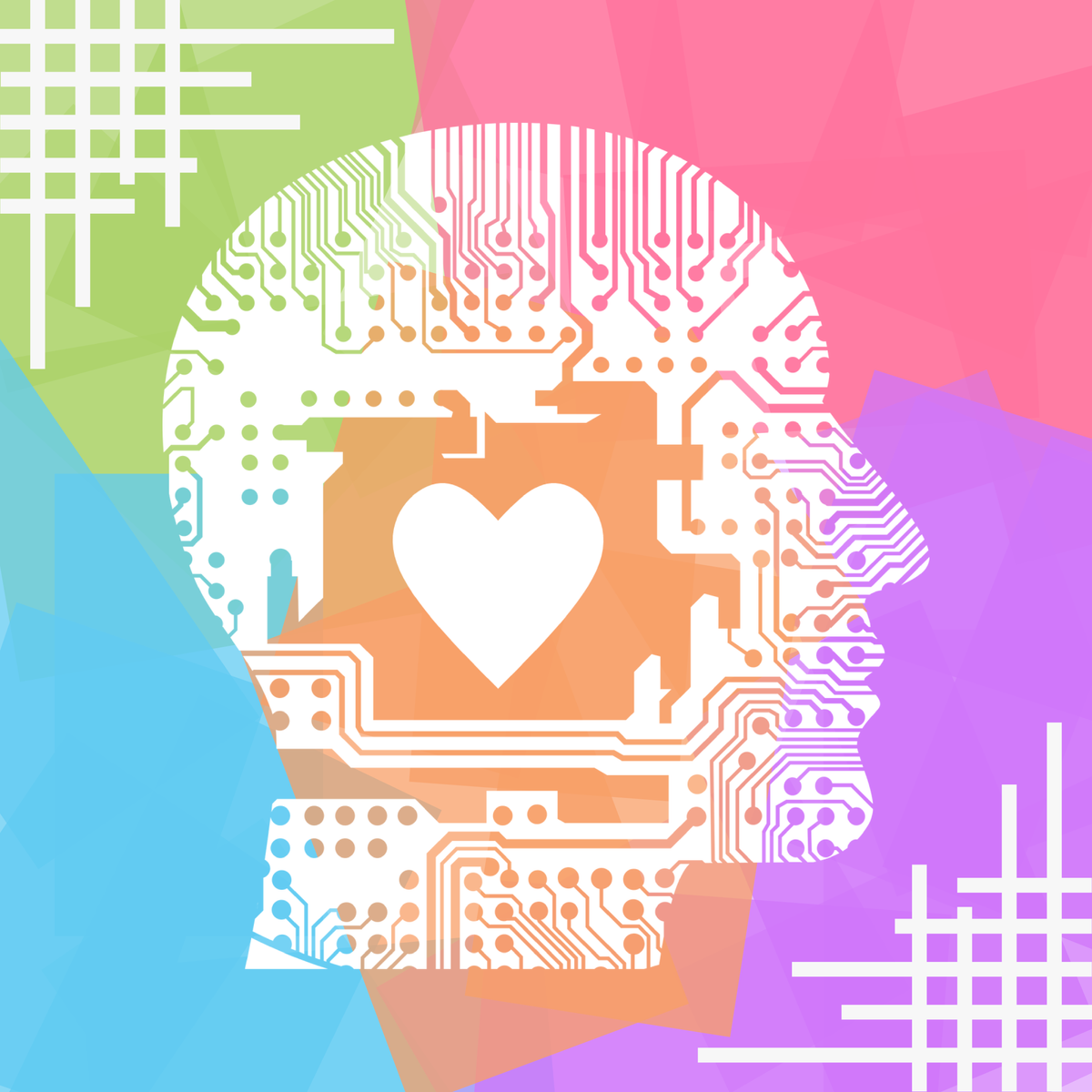
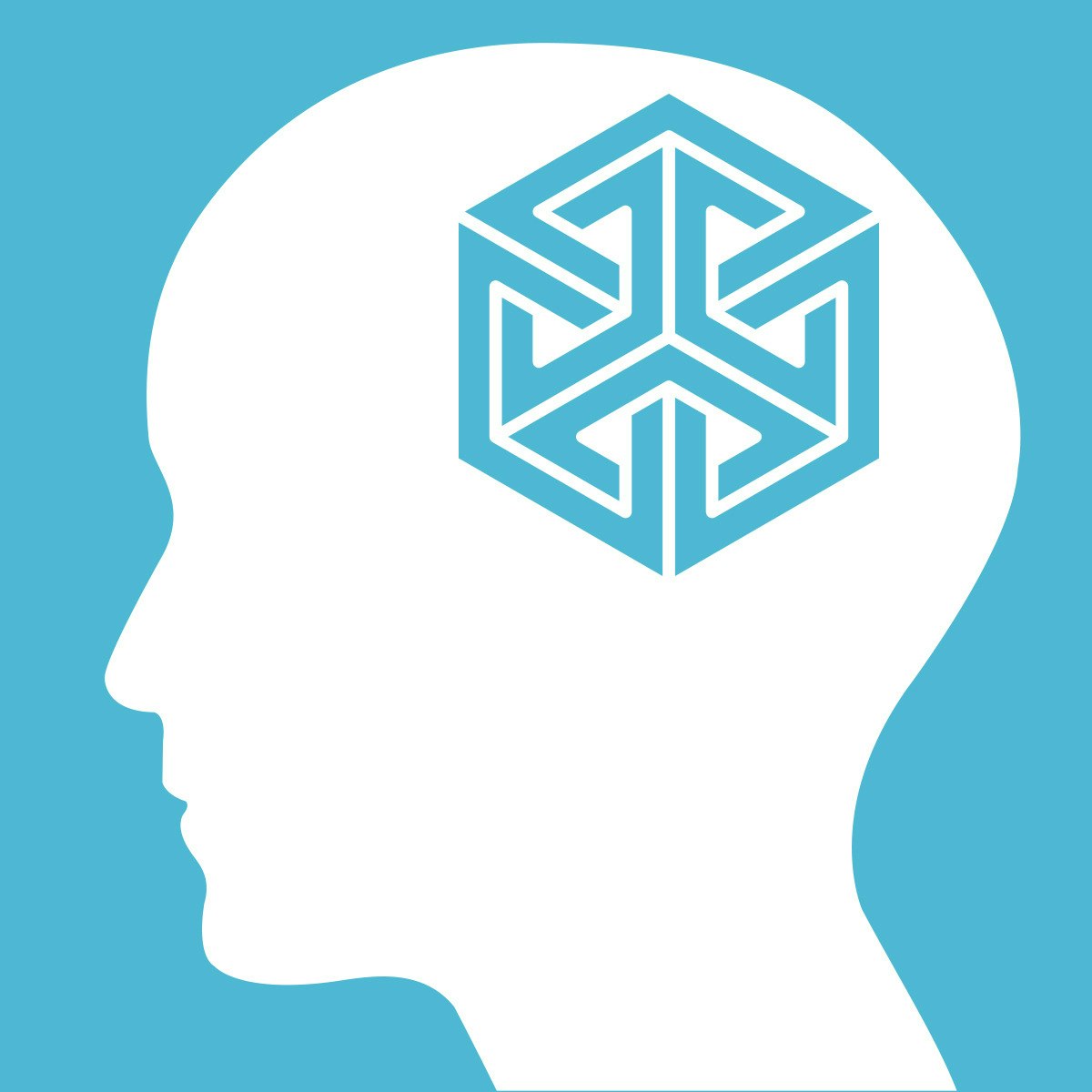
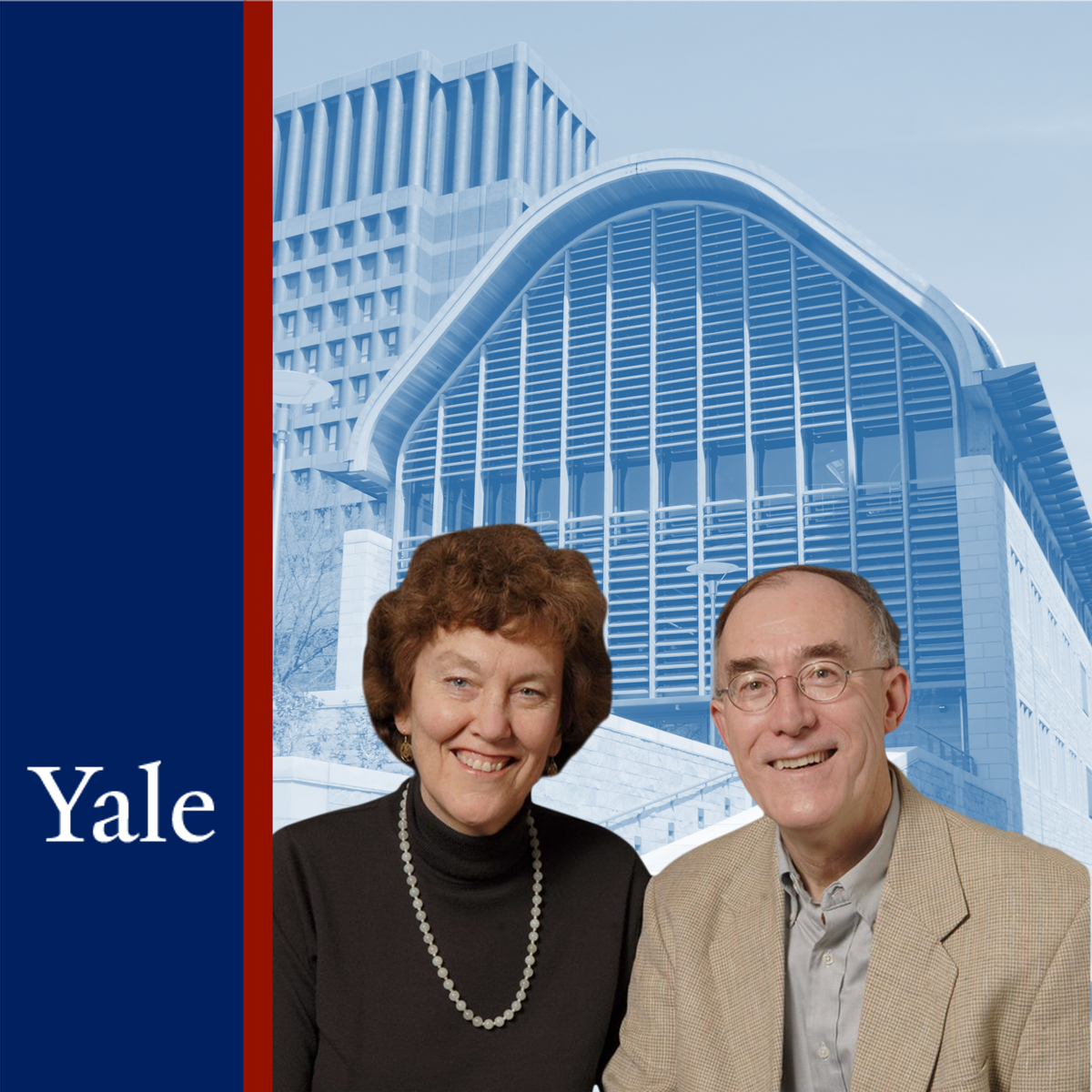
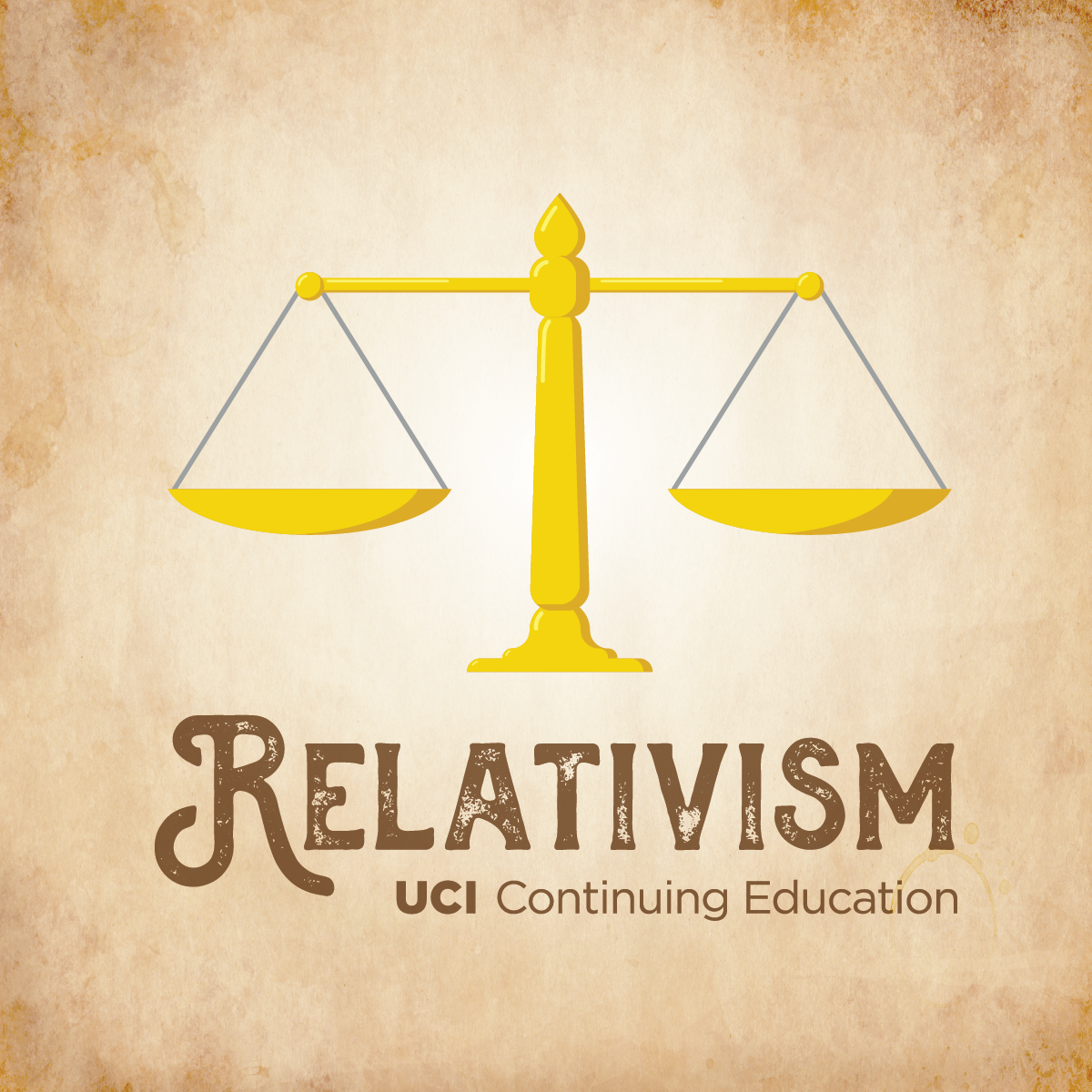
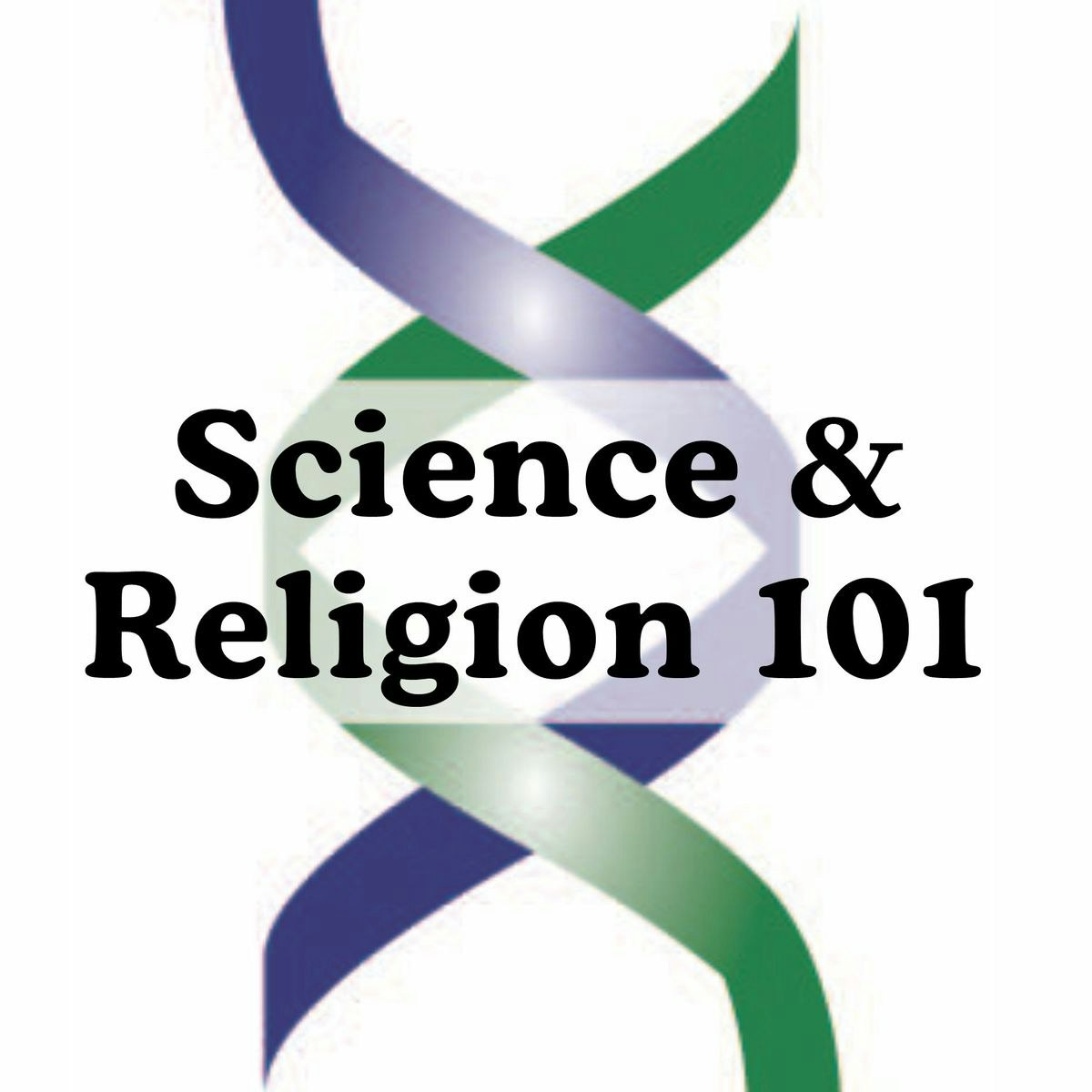

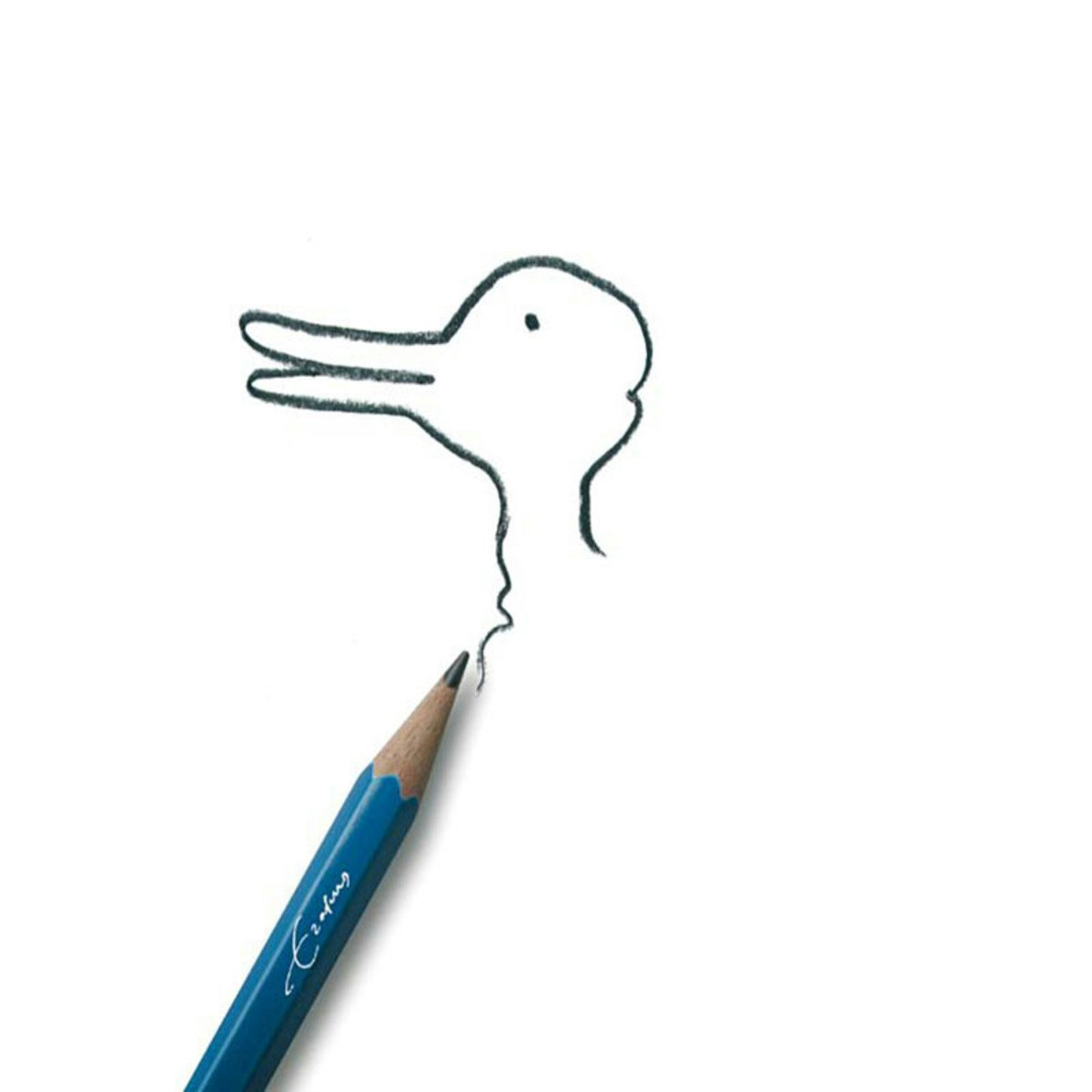

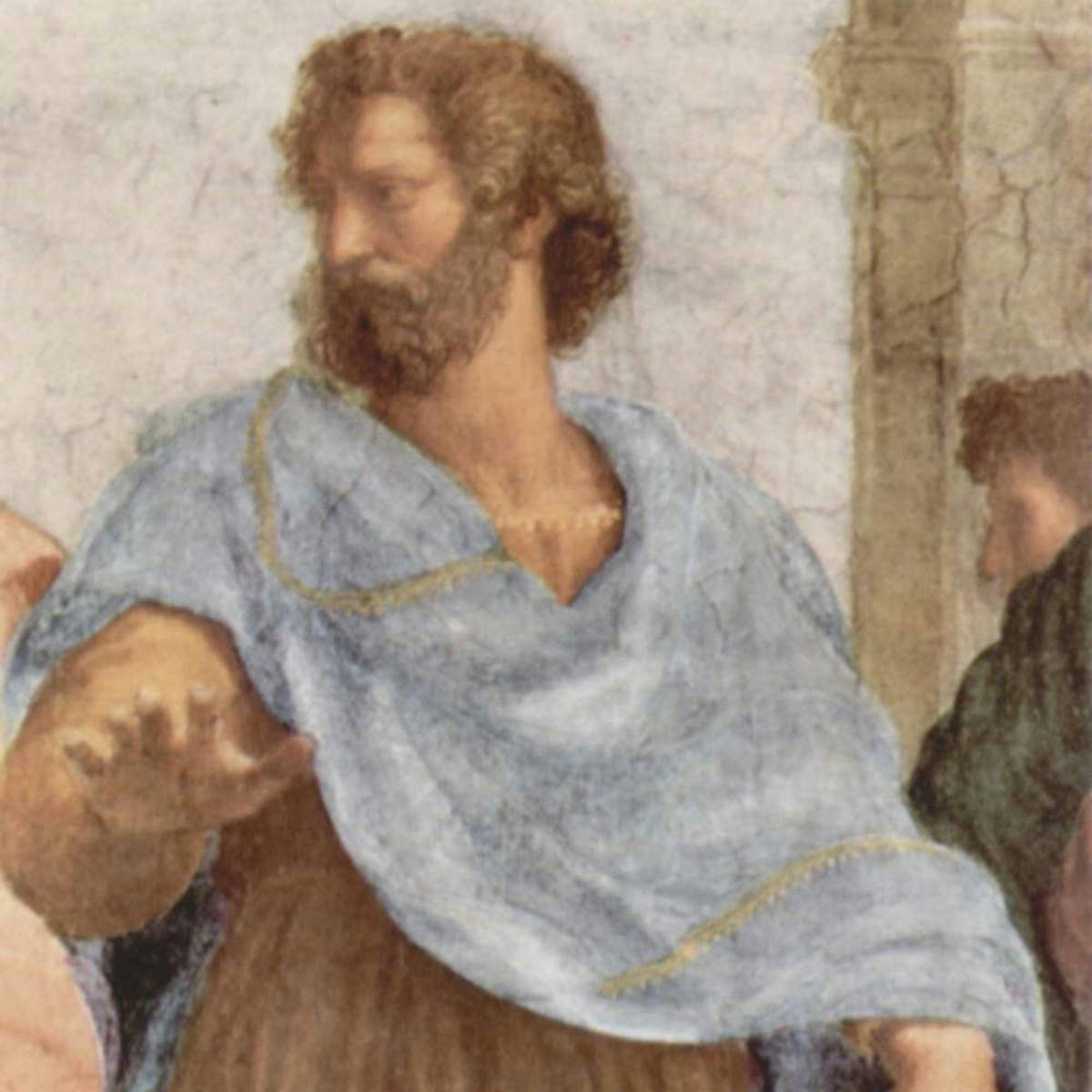

Philosophy Courses - Page 6
Showing results 51-60 of 81

AI, Empathy & Ethics
This nontechnical course provides an overview of artificial intelligence advancements and the ethical challenges we now face as we navigate the development, implementation, and ubiquitous global use of AI.

AI and the Illusion of Intelligence
Will AI soon be surpassing humans? This is rapidly becoming one of the central questions of our time -- but it is the wrong question. In this course, we will provide a non-technical look at where AI has come from, and where it is going. We will see that there is no reason to expect that AI will be surpassing humans. Instead, what we are learning to create with AI is the illusion of intelligence.

Christianity & Ecology
There is a need for broader literacy and deeper knowledge of the world’s religions and their ecological contributions. This course is designed as a gateway to the rich ecological dimensions of the Christian religious tradition. We delve into unique contributions from Catholic, Orthodox, and Protestant Christianity, exploring views on and relationship with the natural world. We additionally highlight the relationship between Christianity and environmental justice, evangelical approaches to “creation care”, and Christian teachings on biodiversity, climate change, and the relationship between human, Earth, and cosmos.
This course is for lifelong learners curious to know more about world religions and ecology, environmental professionals eager to deepen the discourse of environmental protection and conservation, those working with non-profit organizations and NGOs on issues of ecological justice, and religious leaders and laity who wish to know how they can contribute to interreligious dialogue on environmental projects.

Relativism
Relativism is an ancient philosophical doctrine which has recurred time and again in the history of philosophy. It has also transcended the boundaries of that discipline, for it has shaped much of the methodology in anthropology and sociology, as well as in critical theory and literary studies. While often advocated for its supposed tolerance of differences, relativism has profound consequences for how we think of reality, for the possibility of knowledge, both in the factual and in the moral domain, and may engender the practice of double standard.
If a wind is hot for me and cold for you and none of us is at fault, does this mean that reality is always perspectival, or that it admits of contradictory descriptions? If a belief turns out to be justified when evaluated within a certain epistemic system (such as religion, for instance), while it turns out to be unjustified if assessed from within a different one (science, say), does relativism undermine the very possibility of knowledge? If an action can be morally permissible within an ethical system and not so within a different one, does that challenge the idea that there are moral truths and moral progress? These are some of the questions we will engage in during the course, while considering examples taken from the history of science, such as the Bellarmine-Galileo dispute, and from everyday life.
This course is aimed at anyone who is interested in learning more about philosophy, along with those who are looking for strategies to combat extremism in their communities. Using these approaches, no matter what your skill levels in topics you would like to master, you can change your thinking and change your life.
In this course, learners will:
Explore the concept of Relativism
Discuss the role of Relativism in contemporary society
Identify common responses to Relativism
Compare/Contrast various forms of Relativism
Recognize how epistemic relativism can be used to explain important events in the history of science and crucial discoveries in anthropology
Create a presentation with your personal perspective on one of the forms of relativism

Science & Religion 101
This course examines the nature of both science and religion and attempts to explore the possible relationships between them. The primary purpose is to dispel the popular myth that science and religion are entrenched in a never-ending conflict. As a result, this course argues that if the limits of both science and religion are respected, then their relationship can be complementary.
Topics include: Science and Religion Categories and Foundational Principles, Definitions of Science and Religion, Science-Religion Models and Relationships, Intelligent Design and Natural Revelation, the Galileo Affair, Geology and Noah’s Flood, Evolution and Darwin’s Religious Beliefs, the Modern “Evolution” vs. “Creation” Debate, the Problem of Evil, and Interpretations of the Biblical Accounts of Origins in Genesis 1-11.
The course employs a Constructive Teaching Style in order that students can develop their personal views on the relationship between science and religion and on each of the topics listed above.
St. Joseph's College is a Catholic, undergraduate, liberal arts college on the University of Alberta campus. It is an independent institution that is affiliated with the University of Alberta.
Denis O. Lamoureux is Professor of Science and Religion at St. Joseph's College in the University of Alberta. He is the author of Evolutionary Creation: A Christian Approach to Evolution (2008), Evolution: Scripture and Nature Say Yes! (2016), and The Bible & Ancient Science: Principles of Interpretation (2020). Lamoureux is a Research Associate in Paleontology and has contributed to a dozen scientific papers. He is cited in the Who’s Who of Theology and Science and has delivered over 600 lectures throughout the United States and Canada. Lamoureux holds three earned
doctoral degrees—dentistry, theology, and biology.

On Being a Scientist
On Being a Scientist will provide you with an overview of scientific conduct & ethics, what it means to be a scientist and allows you to become acquainted with academic practice, thus meeting a demand for increased awareness in scientific integrity.
This course is designed to inform you on topics as scientific integrity and social responsibilities of scientists.
Broad questions, which are inseparably linked to these topics are discussed: namely regarding the nature of science and the societal role it fulfills.
Course objectives:
After this course you will:
1) Understand the basic principles of science, and know what is "not done".
2) Have a realistic image of science and scientists.
3) Recognize integrity dilemmas, know how to respond in clear cases, and have the skills to respond prudently in unclear cases.
4) Know and understand the differences and similarities of various disciplines.
5) Have a basic understanding of the role of science in society, realise your own societal responsibilities, and are able to take a position in societal issues where science plays a role.
The course consists of a feature film, supported by short lectures, set to serve as a starting point for the discussions and assignments.

The Politics of Skepticism
This is a course about the history of Skepticism from the ancient Greeks to today, with special attention to the political ramifications of questioning man's ability to know the world and himself with any certainty. We will discuss the debates raging between Plato and the Sophists, the rise of Christianity in the Roman world, and the so-called 'Skeptical Crisis' of the Renaissance as well as Pierre Bayle's Skepticism and David Hume's. In addition the Natural Law tradition will be explored and the relationship between Skepticism and Conservatism.
In the second part, we will explore the systematic relations between Skepticism and politics. What is skeptical doubt? When is doubt relevant? How does Skepticism relate to tolerance and to freedom of expression? And can it help us to solve political problems not only in a critical, but also in a creative way?

Philosophy, Science and Religion: Science and Philosophy
Philosophy, Science and Religion mark three of the most fundamental modes of thinking about the world and our place in it. Are these modes incompatible? Put another way: is the intellectually responsible thing to do to ‘pick sides’ and identify with one of these approaches at the exclusion of others? Or, are they complementary or mutually supportive? As is typical of questions of such magnitude, the devil is in the details. For example, it is important to work out what is really distinctive about each of these ways of inquiring about the world. In order to gain some clarity here, we’ll be investigating what some of the current leading thinkers in philosophy, science and religion are actually doing.
This course, entitled ‘Science and Philosophy’, is the first of three related courses in our Philosophy, Science and Religion Online series. The first launch is now closed to enrolments. We will launch a new version of the course in July 2018. The course will address four themes each presented by guest lecturers:
1. Are Science and Religion in conflict? (Professor Michael Murray, Franklin & Marshall)
2. Neuroscience and Free Will (Professor Al Mele, Florida State)
3. Creationism and Evolutionary Biology--Science or Pseudo-science? (Dr. Mark Harris and Dr. David de Pomerai, University of Edinburgh)
4. Do Scientific claims constitute absolute truths? (Professor Martin Kusch, University of Vienna)
The second and third courses in the Philosophy, Science and Religion series are ‘Philosophy and Religion’ and ‘Religion and Science’. They may be taken in any order and completing all three courses will give you a broader understanding of this fascinating topic. Look for:
• Philosophy, Science and Religion II: Philosophy and Religion
• Philosophy, Science and Religion III: Religion and Science
Check out our trailer to hear more: https://youtu.be/OifqTI5VKek
You can also follow us on Twitter at https://twitter.com/EdiPhilOnline and you can follow the hashtag #psrmooc

Ancient Philosophy: Aristotle and His Successors
What is philosophy? How does it differ from science, religion, and other modes of human discourse? This course traces the origins of philosophy in the Western tradition in the thinkers of Ancient Greece. We begin with the Presocratic natural philosophers who were active in Ionia in the 6th century BCE and are also credited with being the first scientists. Thales, Anaximander, and Anaximines made bold proposals about the ultimate constituents of reality, while Heraclitus insisted that there is an underlying order to the changing world. Parmenides of Elea formulated a powerful objection to all these proposals, while later Greek theorists (such as Anaxagoras and the atomist Democritus) attempted to answer that objection. In fifth-century Athens, Socrates insisted on the importance of the fundamental ethical question—“How shall I live?”—and his pupil, Plato, and Plato’s pupil, Aristotle, developed elaborate philosophical systems to explain the nature of reality, knowledge, and human happiness. After the death of Aristotle, in the Hellenistic period, Epicureans and Stoics developed and transformed that earlier tradition. We will study the major doctrines of all these thinkers. Part I will cover Plato and his predecessors. Part II will cover Aristotle and his successors.

Trustworthy AI for Healthcare Management
This MOOC gives an introduction to trustworthy artificial intelligence and its application in healthcare. This includes modules on basics of artificial intelligence and an introduction to trustworthy and ethical applications of artificial intelligence. A dedicated lesson will present the Z-Inspection® process for assessing trustworthy AI, and real-world case studies will illustrate how to apply the knowledge.
The course is aimed at healthcare professionals, patients, and AI practitioners. It does not require previous knowledge on AI.
Participants will learn:
- How AI systems work and learn
- What tasks can be solved by AI
- Common challenges for AI in healthcare
- Fundamentals of Trustworthy AI
- How to assess Trustworthy AI
- How Trustworthy AI assessments look in practice
This course was developed by Goethe University Frankfurt as part of the research project 'Pan-European Response to the Impacts of the COVID-19 and future Pandemics and Epidemics' (PERISCOPE). Funded by the European Commission Research Funding programme Horizon 2020 under the Grant Agreement number 101016233, PERISCOPE investigates the broad socio-economic and behavioural impacts of the COVID-19 pandemic, to make Europe more resilient and prepared for future large-scale risks.
PERISCOPE website: https://www.periscopeproject.eu/
Popular Internships and Jobs by Categories
Find Jobs & Internships
Browse
© 2024 BoostGrad | All rights reserved